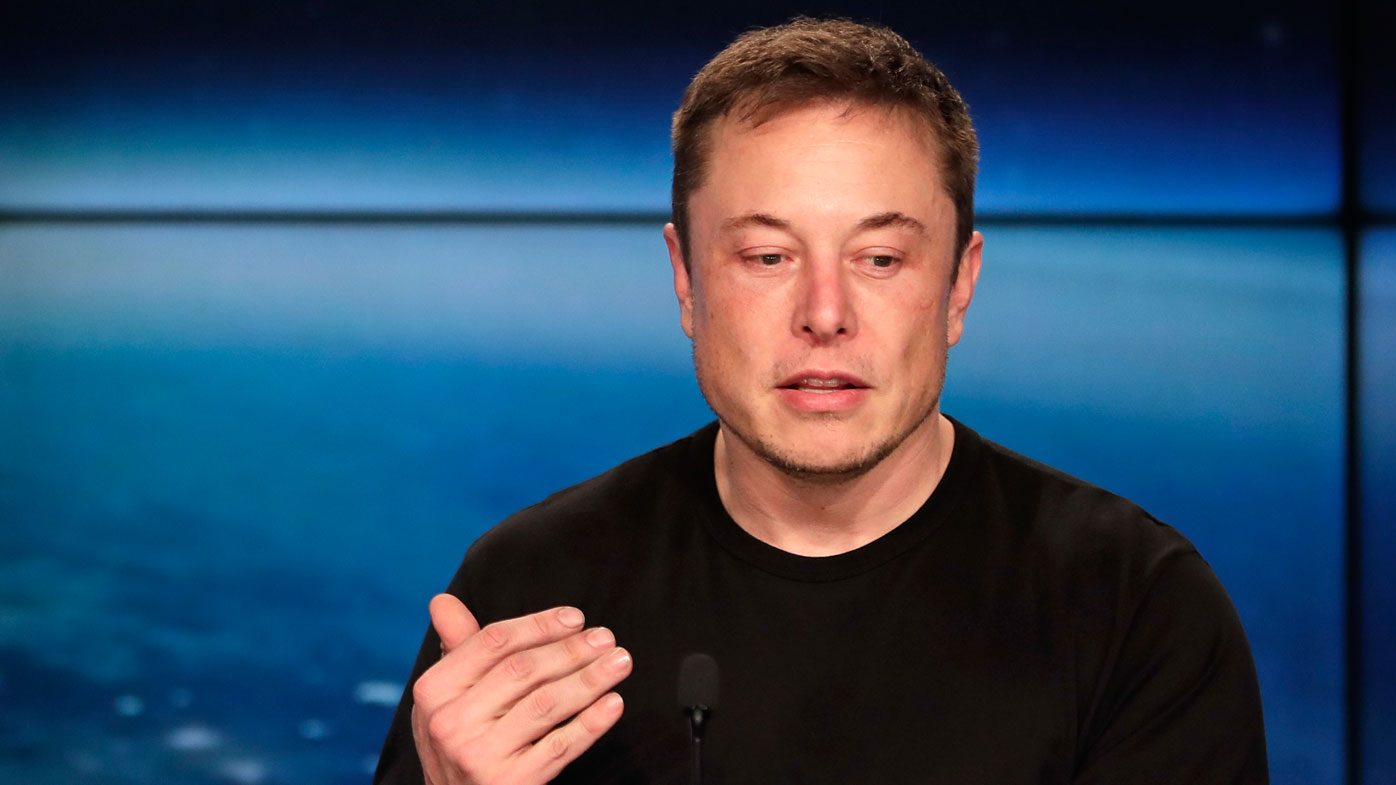Amidst growing concerns regarding the recent internet and communications blackout in the Gaza Strip, a notable development emerged from the technology sector. Elon Musk, the CEO of Tesla and owner of SpaceX, made a significant announcement on October 28th. He disclosed that Starlink, the satellite network operated by SpaceX, would provide assistance to globally recognized aid organizations operating in Gaza.
This response was prompted by a heartfelt appeal from Alexandria Ocasio-Cortez, often referred to as AOC, a prominent figure in U.S. leadership. AOC, well-known for her outspoken opinions, raised questions about the rationale behind Israel's decision to cut off internet access in Gaza. In a social media post on X (formerly Twitter), she openly challenged the ethical aspects of this action and expressed profound concerns about the consequences of disconnecting an entire population of 2.2 million people.
AOC's message was clear: "Disconnecting an entire population of 2.2 million is unacceptable. It puts journalists, medical professionals, humanitarian efforts, and innocent civilians at risk. I fail to comprehend how such an action can be morally justified. The United States has historically condemned such practices."
In a remarkable twist of events, Elon Musk promptly addressed AOC's concerns by extending a helping hand in the form of internet connectivity. Musk, widely recognized for his groundbreaking initiatives with SpaceX's Starlink, announced, "Starlink will provide connectivity support to globally acknowledged aid organizations in Gaza."
Starlink is a brainchild of SpaceX, created with the aim of providing affordable and accessible internet access, with a particular focus on remote and underserved areas. Each Starlink satellite has an expected operational lifespan of approximately five years, and SpaceX's ambitious plan involves deploying up to 42,000 satellites as part of this groundbreaking megaconstellation project. The internet and communications blackout in Gaza was initiated on October 27th, coinciding with increased military activities by Israel in the region. This decision resulted in extensive disruptions to communication networks.
Hamas, the governing authority in Gaza, accused Israel of planning actions that could potentially result in significant casualties through retaliatory air, land, and sea strikes. According to media reports, the Palestinian Red Crescent Society, a humanitarian organization, expressed deep concerns about the blackout's impact on their ability to respond to emergencies. They reported that the blackout had disrupted their central emergency number (101) and hindered the timely dispatch of ambulance vehicles to assist the injured during the ongoing hostilities. Additionally, the organization disclosed that they had lost communication with their operations room in the Gaza Strip, raising concerns about the safety and coordination of their personnel on the ground. "We have lost all contact with the operations room in the Gaza Strip and with all our teams operating there," they stated. Jawwal, a Palestinian telecommunications provider, confirmed the extent of the communication disruption. In a statement on its Facebook page, Jawwal revealed, "The heavy bombardment in the past hour has destroyed all remaining international routes connecting Gaza to the outside world."
Furthermore, NetBlocks, a global organization monitoring internet access, documented a significant decrease in connectivity within the Gaza Strip, particularly for Paltel, the parent company of Jawwal. They observed, "The company is the last major service provider to maintain service as connectivity diminishes during the ongoing conflict with Israel."
Elon Musk's provision of internet connectivity via Starlink to global aid organizations operating in Gaza exemplifies a noteworthy combination of technology and humanitarian assistance in addressing the issues stemming from the recent internet blackout. This underscores the evolving role of technology in tackling real-world crises.

Keep posting
ReplyDelete